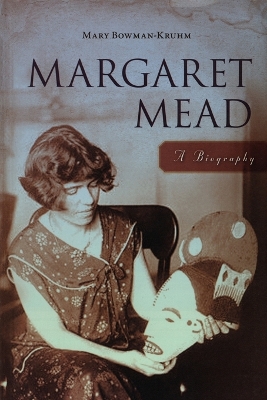Greenwood Biographies
2 total works
Three generations of Leakeys have dug in East Africa for fossil evidence that answers questions about human origins. Louis and Mary, husband and wife, began what would turn into decades of research and fieldwork, often disproving common theories and beliefs of the time. Son Richard followed in his parents' foot steps, along with his wife Meave, and made spectacular finds as well. Today, Louise, the oldest daughter of Richard and Meave, continues the family tradition with fieldwork in northern Kenya.
The Leakey family's achievements have had an enormous impact on our knowledge of human origins and evolution. This biography describes their life in detail, including their discoveries, publications, controversies, and legacy. A timeline, glossary, and bibliography of print and electronic sources supplement the material.
When Coming of Age in Samoa was published in 1928, the book quickly became a bestseller and brought its author to national prominence-a bright, young, and charismatic anthropologist named Margaret Mead. For the next five decades, Margaret Mead became the public face of anthropology in the United States, her strong personality and maverick stance on many issues generating both acclaim and controversy.
This succinct, well-researched biography traces Mead's life and career, from her upbringing in Pennsylvania and her college years under the tutelage of esteemed anthropologist Franz Boaz, through her field work on the islands of Oceania in the South Pacific, to her later career at the American Museum of Natural History. Besides many interesting details of Mead's career, the author examines her three marriages and her circle of friends, including fellow anthropologist Ruth Benedict and novelist James Baldwin.
The author also presents material not published in other Mead biographies, including information about existing pages of a manuscript Mead said she tore up when atom bombs were dropped on Hiroshima and Nagasaki; her personal and anonymous funding of the American Anthropological Association when it was in financial straits; and her support for anthropologists who worked for the government's covert operations during the Vietnam War era.
The work concludes with an assessment of Mead's career, various criticisms and controversies generated by her work, and thoughts on what she would say about today's cultural landscape.

